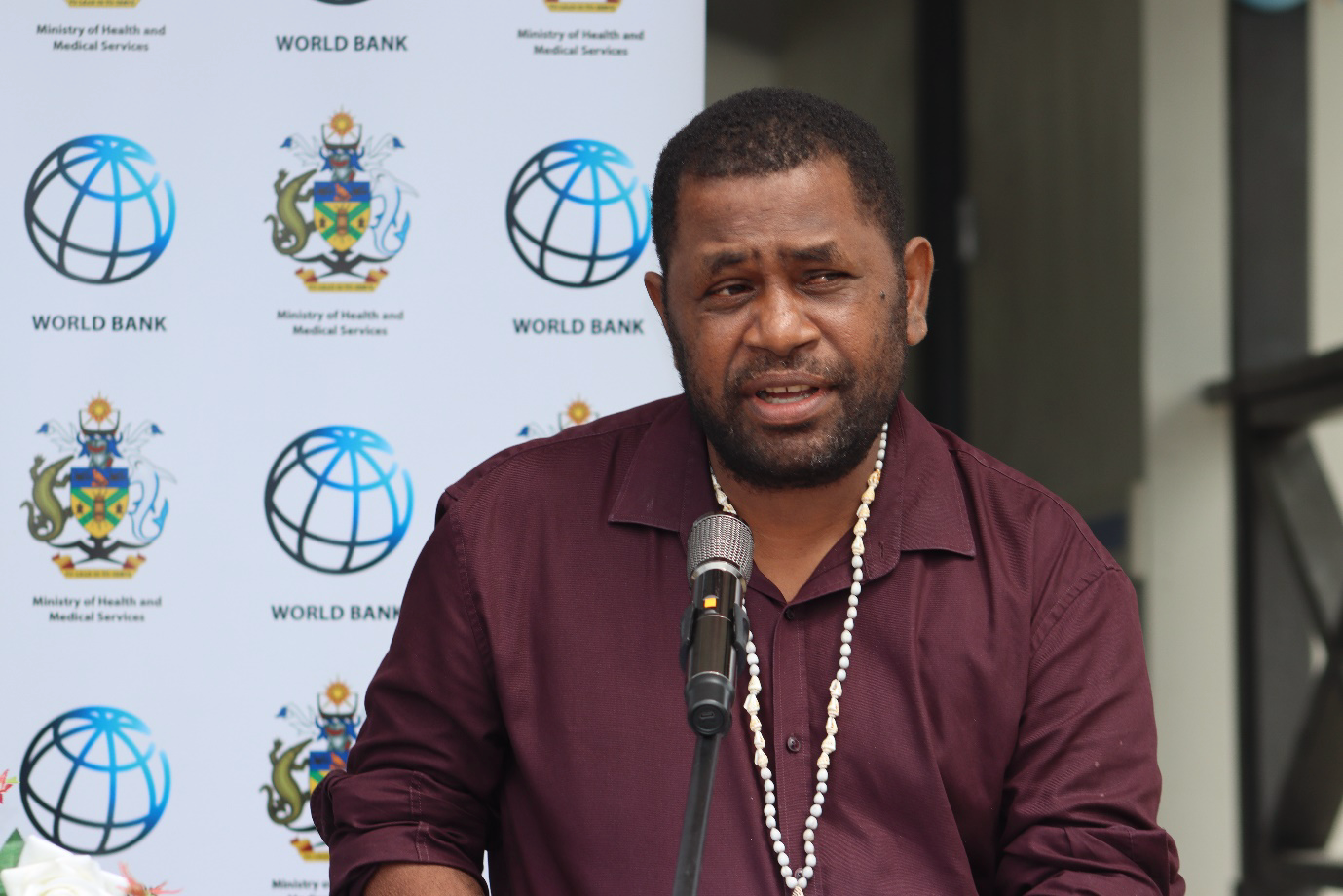Minister of Health and Medical Services, Dr. Paul Popora Bosawai, is taking the findings of the Tobacco Industry Interference Index 2023 seriously.
The report highlights concerns over the involvement of Solomon Islands Tobacco Company Ltd-British American Tobacco (SITCO-BAT) in policy development and allegations of leveraging its influence by sponsoring and supporting politicians in their constituency projects.
Minister Bosawai has stated that he will meet with the Tobacco Control Technical Advisory Committee (TCTAC) to address these concerns.
However, he noted that due to illness, he is unable to convene the meeting this week.
The report alleges that in 2020, a Memorandum of Understanding (MOU) was signed between the Honorable Prime Minister and the Solomon Islands Chamber of Commerce and Industry (SICCI), an organization that has been accused of promoting the tobacco industry’s agenda.
SITCO-BAT, a major stakeholder in SICCI, reportedly benefits from this agreement, with its CEO serving as an executive member and key influencer representing private sector interests in the country.
According to the report, this MOU has significantly hindered public health initiatives, particularly efforts to control tobacco use. Though the details of the MOU have not been publicly disclosed, critics argue that it grants SITCO-BAT undue influence within the Solomon Islands Government (SIG), enabling it to shape policy decisions.
The report also raises concerns about SITCO-BAT’s continued corporate social responsibility (CSR) initiatives in local communities, which it describes as strategically motivated rather than purely philanthropic. The tobacco industry, it claims, uses these activities to gain access to senior policymakers and advance its agenda, particularly within the political sphere.
An official from the Ministry of Finance and Treasury (MFT) disclosed that the government maintains an open policy on CSR project initiatives, allowing industry participation in constituency aid programs. However, the report notes that the full implications of this open policy remain unclear.
According to the Director of MFT, SITCO-BAT allocates SBD 100,000 (USD 12,525) in CSR seed funding to Members of Parliament (MPs).
The report highlights that SITCO-BAT appears to be the only company extensively engaged in CSR-related activities with potential political implications, setting it apart from other established businesses.
In response to these allegations, SITCO-BAT has denied any involvement in political contributions in the Solomon Islands.
“SITCO strives to make a meaningful impact through our Community Investment projects,” the company stated. “Our initiatives are guided by community needs, aligned with the United Nations Sustainable Development Goals (UNDP), and adhere to global corporate governance standards.”
The company further emphasized its recent projects, which include providing clean water to remote communities and distributing cash crop seedlings to underprivileged farmers to support their livelihoods.
As Minister Bosawai prepares to meet with TCTAC, the government will likely face increasing pressure to enhance transparency and regulation regarding industry influence on policymaking. The outcome of this meeting could have significant implications for public health and governance in the Solomon Islands.
By Eddie Osifelo
Solomon Star, Honiara





